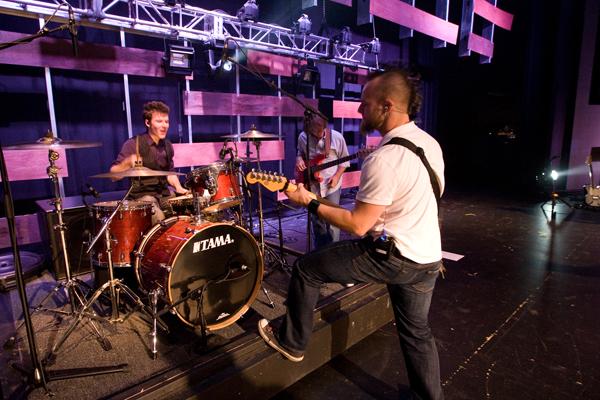James Merritt spent years as senior pastor of an Atlanta-area megachurch that featured a mighty choir.
Then he changed his tune.
At 50, he left First Baptist Church Snellville to plant a new church — 200 people in a rented space at a high school 12 miles away — focused on reaching a young generation.
There was and is no choir. And that puts Merritt’s current congregation, Cross Pointe Church, right on trend.
The newly released National Congregations Study finds church choirs are on the downbeat in white Protestant churches across the theological spectrum.
Choirs stand strong in black Protestant congregations, where 90 percent of regular attendees say there’s a choir at the main service. The same is true for three in four (76 percent) Catholic worshippers.
But among white conservative evangelicals, only 40 percent of worshippers say they hear a choir at services, down from 63 percent 14 years ago.
Read the Full Article

